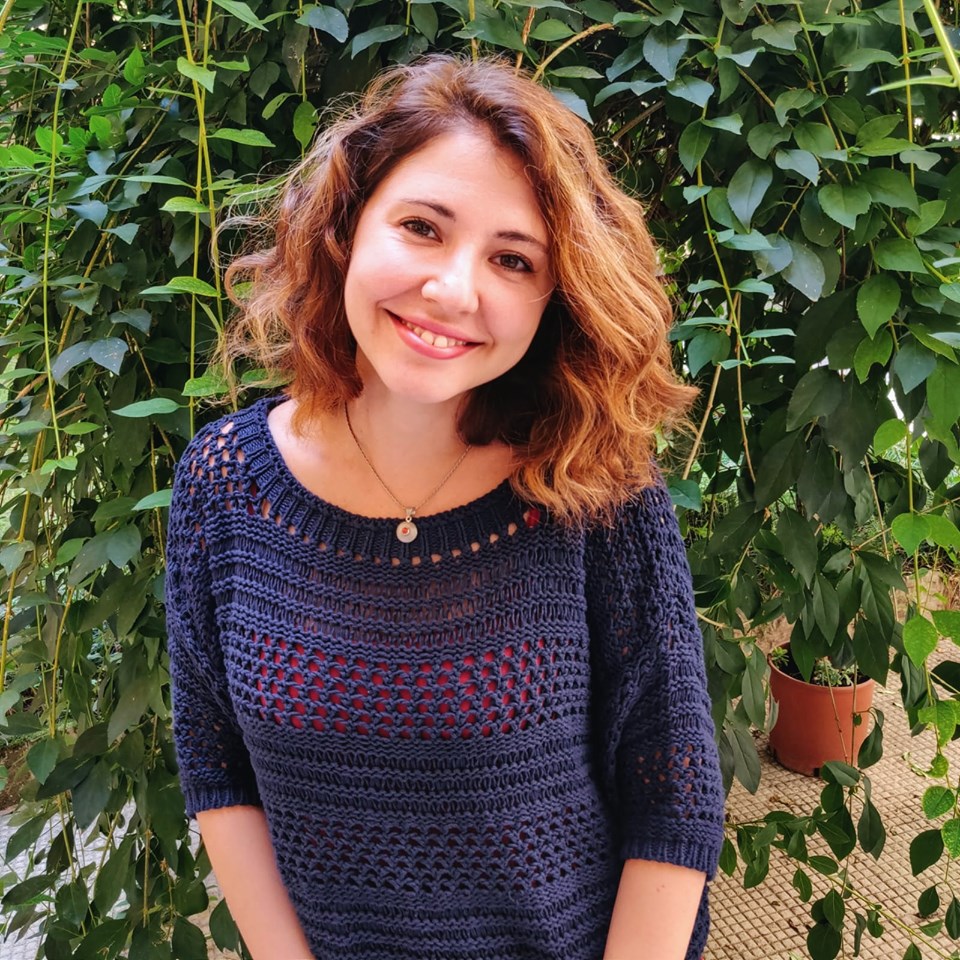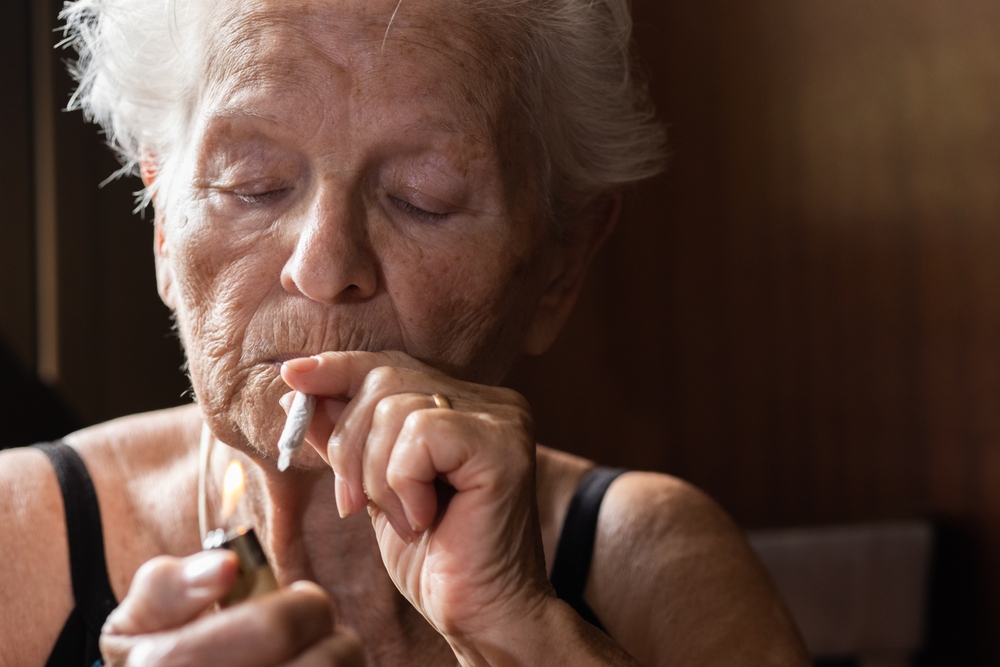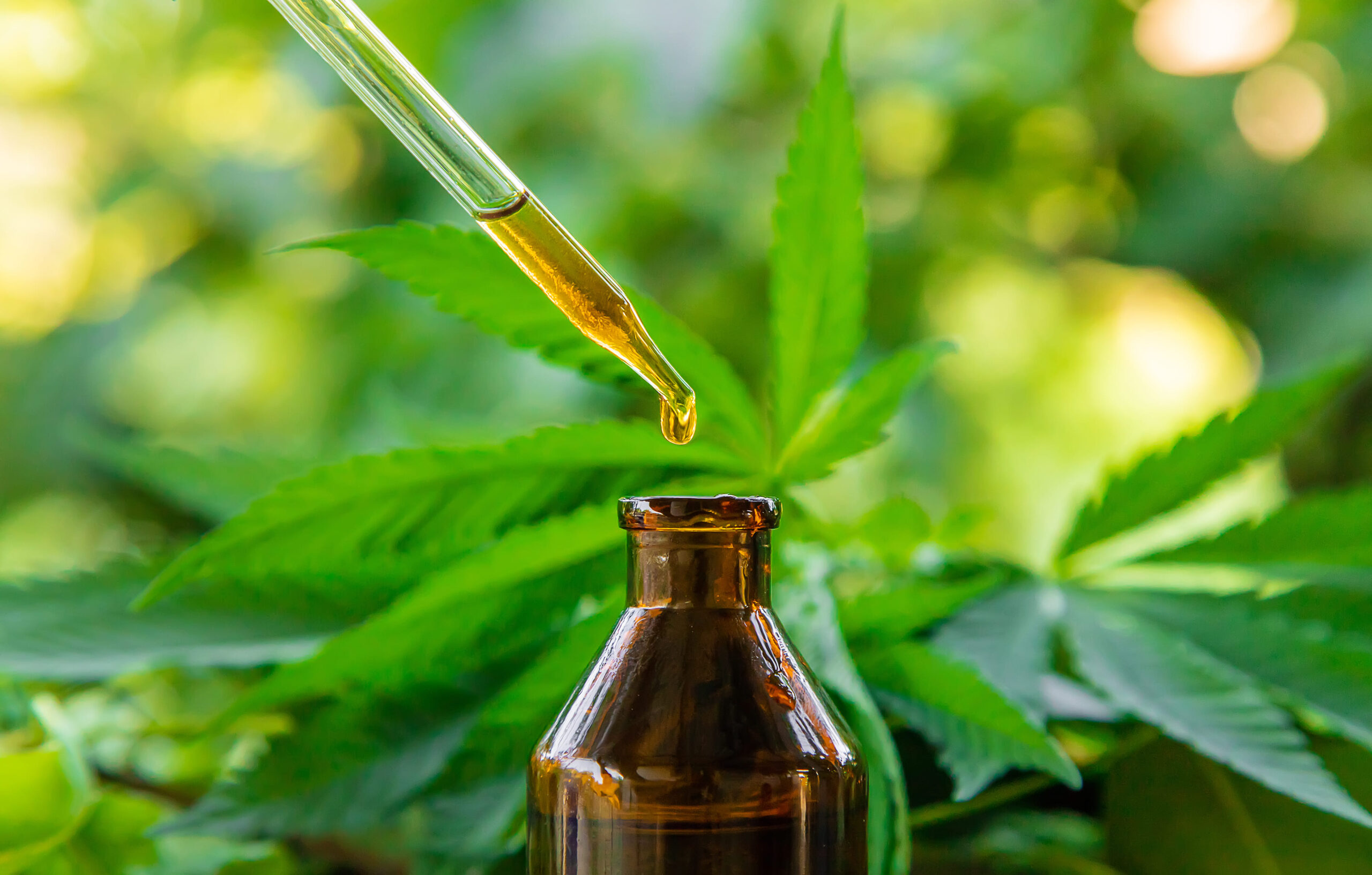Table of Contents
Introduction
Are you curious to know whether CBD can be used to alleviate disorders in children? Well, you’re not alone! So many parents, scientists and doctors have been asking the same question in recent years. CBD has become a hot topic due to its potential therapeutic benefits observed in adults, including its ability to reduce inflammation, anxiety, and seizures.
While the use of CBD in adults has been extensively researched, its use in child populations remains a controversial topic with little research under their belt and many questions still to be answered. Despite that, many parents and pediatricians have reported positive results in children with conditions like epilepsy, anxiety, and ADHD.
The use of CBD has become increasingly popular in recent years as an alternative treatment for children’s health conditions, even if scientific evidence on the efficacy of CBD for children is limited. This article aims to provide a comprehensive overview of the current state of research on CBD for children, including its potential benefits and risks. We will also explore the legal considerations surrounding the use of CBD in pediatric populations, as well as the need for further research in this area.
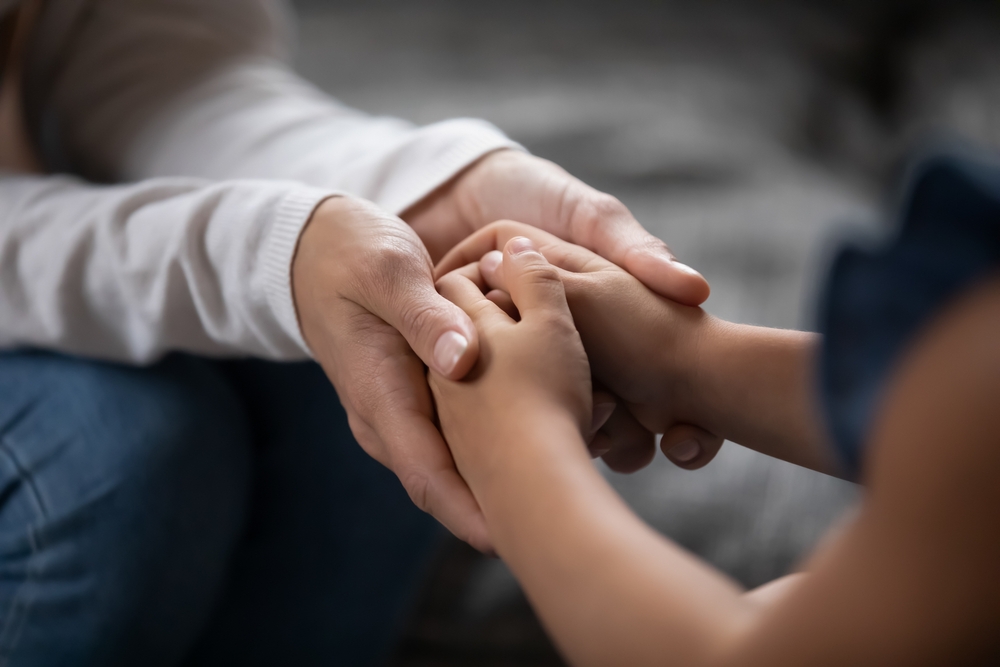
What is CBD
CBD is one of over 100 cannabinoids found in the cannabis plant, but it is the second most prevalent after THC. Unlike THC, CBD is not psychoactive, meaning it does not alter a person’s state of mind and doesn’t make you feel high. This makes CBD a promising compound for medical applications as it can provide many of the potential benefits of marijuana without the mind-altering effects.
CBD has been found to interact with the human body’s endocannabinoid system, a network of receptors that regulate various physiological processes, such as mood, appetite, sleep, and pain. By interacting with these receptors, CBD may help to alleviate symptoms of anxiety, depression, and chronic pain. It may also have anti-inflammatory and antioxidant properties, very helpful with conditions such as arthritis, epilepsy, and neurodegenerative diseases.
Before taking CBD, it is important to talk to your doctor; it is always a product that may conflict with other medicines taken regularly, so always keep your doctors informed. CBD is generally safe but there can be potential side effects, such as fatigue, dry mouth, and changes in appetite.
Forms of CBD
CBD comes in various forms, each with its unique characteristics. Here are some of the most popular forms of CBD:
CBD Oil: CBD oil is the most common and well-known form of CBD. It is typically taken orally, and many people prefer this method because it’s easy to use and can be easily incorporated into one’s daily routine. CBD oil is made by extracting CBD from the cannabis plant and diluting it with a carrier oil, such as coconut or hemp seed oil.
CBD Capsules and Edibles: These are convenient and discreet ways of consuming CBD. CBD capsules are taken orally, and they come in pre-measured doses, making it easy to know how much CBD you’re getting. Edibles, on the other hand, are CBD-infused snacks such as gummies, chocolates, or baked goods. They are a fun and tasty way to consume CBD, but they can be slower to take effect since they have to go through your digestive system.
Topical CBD Products: These are CBD-infused products that are applied directly to the skin for localized relief. Topical CBD products include creams, balms, lotions, and patches. They are excellent for targeting specific areas of the body, such as sore muscles or joints.
CBD Isolate: CBD isolate is the purest form of CBD, containing no other compounds found in the cannabis plant. It is usually in the form of a white, crystalline powder that can be added to food or drinks or taken sublingually. CBD isolate is an excellent choice for those who want to avoid THC or other cannabinoids altogether. In order to avoid giving THC to your children, always opt for isolate CBD rather than full-spectrum CBD, whether it’s hemp derived or marijuana derived.
In summary, the form of CBD that one chooses will depend on their individual needs and preferences. It’s essential to do your research and consult with a healthcare provider before trying any new CBD product.
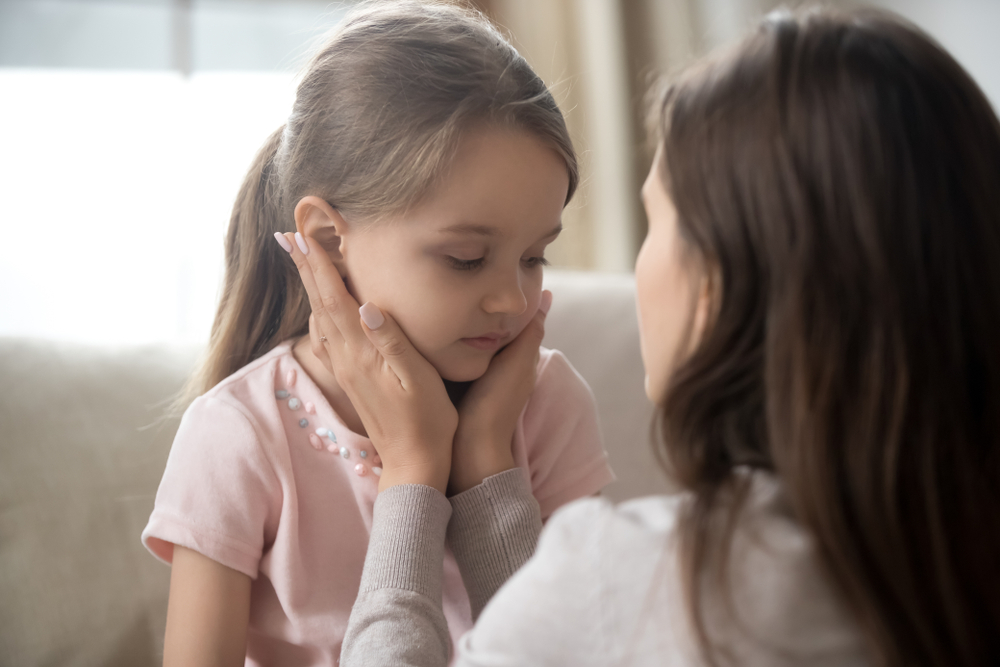
Conditions for which parents may be consider using CBD for children
While research is ongoing, some parents may be considering CBD as a treatment option for their children. CBD has been studied for its potential to help manage seizures, alleviate anxiety, improve sleep, reduce pain and inflammation, and manage symptoms associated with certain conditions.
However, it’s important to note that the safety and efficacy of CBD in children is not yet fully understood, and it’s always best to consult with a healthcare professional before giving it to a child. In this chapter, we will explore the potential benefits and risks of using CBD oil for children.
Epilepsy
The FDA has given approval to a medication named Epidiolex, which is made from purified CBD oil derived from Cannabis sativa, for the treatment of difficult-to-control seizures in children suffering from two rare forms of epilepsy, Lennox-Gastaut syndrome and Dravet syndrome.
The medication underwent three randomized, double-blind, placebo-controlled drug trials that involved 516 patients with either Lennox-Gastaut syndrome or Dravet syndrome, and it was found to be effective in reducing seizure frequency compared to placebo.
Although there is no scientific evidence to prove that store-bought CBD oil can have similar effects, any CBD oil product can pose similar risks as Epidiolex, which has side effects such as feeling lethargic, elevated liver enzymes, rash, diarrhea, weakened body, and sleep-related issues, including insomnia and poor sleep quality. Therefore, it is necessary to consult your child’s doctor and assess the potential risks and benefits of Epidiolex before administering it. If you want to learn more about CBD and epilepsy, see our article.
Autism
According to various analyses, medical cannabis or CBD oil may have a positive impact on the symptoms of autism in children. In one particular study, 188 children between the ages of 5 and 18, who were on the autistic spectrum, were given a solution containing 30% CBD oil and 1.5% THC, which was placed under their tongue three times daily.
After just one month of use, there was an improvement in most of the participants, with symptoms such as seizures, restlessness, and rage attacks showing a reduction. This improvement continued over a period of six months for most of the study participants.
Reported side effects included sleepiness, lack of appetite, and reflux, and the children continued to take their prescribed medications, such as antipsychotics and sedatives, during the study.
However, the researchers cautioned that their findings should be interpreted with care as there was no control group, which meant they were unable to determine the causal relationship between cannabis use and the reduction of symptoms. Currently, there are ongoing studies worldwide to identify safe and effective doses of CBD for children with autism.
Anxiety
According to certain human research sources, the use of CBD oil could potentially aid in decreasing anxiety; however, this hypothesis of using cbd oil has yet to be confirmed for use on children.
Preclinical data suggests that CBD oil could potentially be beneficial for treating anxiety disorders such as generalized anxiety disorder, PTSD, panic disorder, social anxiety disorder and OCD. In a study involving a 10-year old patient with PTSD, it was discovered that CBD oil alleviated her anxiety symptoms and improved her insomnia.
In this case Pharmaceutical medications provided partial relief, but results were not long-lasting, and there were major side effects. A trial of cannabidiol oil resulted in a maintained decrease in anxiety and a steady improvement in the quality and quantity of the patient’s sleep. if you want to learn more about CBD and anxiety, see our article.
Attention deficit hyperactivity disorder (ADHD)
Limited research exists on the use of CBD as a treatment for ADHD, including studies that link cannabinoid consumption to a potential decrease in ADHD symptoms, which can vary depending on the type of ADHD diagnosed.
While there is currently no scientific evidence to support the safety or effectiveness of CBD for children, Adderall remains a better option for treating ADHD until such proof is established. However, CBD oil has shown potential in treating anxiety, a common comorbidity in children with ADHD.
A study conducted in 2018 on 60 children with autism found that anxiety improved in 39% of the participants. Further studies are needed to understand the effectiveness and appropriate usage of CBD in treating and preventing symptoms of ADHD in children.

Risks and potential side effects of CBD use in children
As more and more parents seek out natural remedies for their children’s health concerns, CBD has become a popular option. This is because CBD is a non-psychoactive compound derived from the hemp plant, and has been found to have potential benefits for a variety of conditions, including anxiety, seizures, and pain. However, it is important for parents to be aware of the potential risks and side effects associated with CBD use in children.
One of the main concerns is the lack of regulation and standardization of CBD products. This means that there may be inconsistencies in the quality and potency of different CBD products, which could affect their efficacy and safety. Furthermore, CBD can interact with other medications, which can lead to unwanted side effects or even dangerous interactions.
In addition, some children may experience mild side effects such as drowsiness, changes in appetite, or diarrhea after using CBD. While these side effects are generally considered to be mild, it is important for parents to closely monitor their child for any adverse reactions.
To ensure the safety and efficacy of CBD use in children, it is important for parents to consult with their child’s pediatrician before giving them CBD.
How to determine appropriate dosage of CBD for children
Determining the appropriate dosage of CBD for children can be challenging, as there is limited research available on the subject. Here is a list of things you should always keep in mind before deciding how much cbd to give your children:
Consult with a Medical Professional
The first step in determining the appropriate dosage of CBD for children is to consult with a medical professional. A doctor or pediatrician can provide guidance on whether CBD is appropriate for your child’s condition and how to administer it safely. They may also recommend a specific dosage based on your child’s weight, age, and medical history.
Consider the Child’s Weight
CBD dosages are typically based on a person’s weight. As a general rule of thumb, children should take 1-6 mg of CBD per 4,5 kg of body weight.
For example, a child who weighs 23 kg may take between 5-30 mg of CBD per day. However, it is important to note that these are general guidelines and that dosages may vary based on the child’s specific needs.
Start with a Low Dosage
When giving CBD to children, it is important to start with a low dosage and gradually increase it as needed. This approach allows you to monitor your child’s response to the medication and adjust the dosage accordingly.
It is also important to note that the effects of CBD may take several hours to manifest, so it is best to wait a few hours before increasing the dosage.
Consider the Form of CBD for children
CBD is available in a variety of forms, including oils, capsules, and gummies. The form of CBD you choose can impact the dosage your child needs. For example, CBD oils are absorbed more quickly than capsules or gummies, so a lower dosage may be needed.
Additionally, some forms of CBD may contain other ingredients that can impact how the medication is absorbed and metabolized in the body.
Monitor for Side Effects
CBD is generally well-tolerated in children, but side effects can occur. Common side effects of CBD include drowsiness, fatigue, and changes in appetite. It is important to monitor your child for these side effects and adjust the dosage as needed. If your child experiences severe side effects, stop giving them CBD and consult with a medical professional.
In conclusion, determining the appropriate dosage of CBD for children can be challenging, but it is important to approach it with caution and care. By following these guidelines, you can help ensure that your child receives the potential therapeutic benefits of CBD safely and effectively.
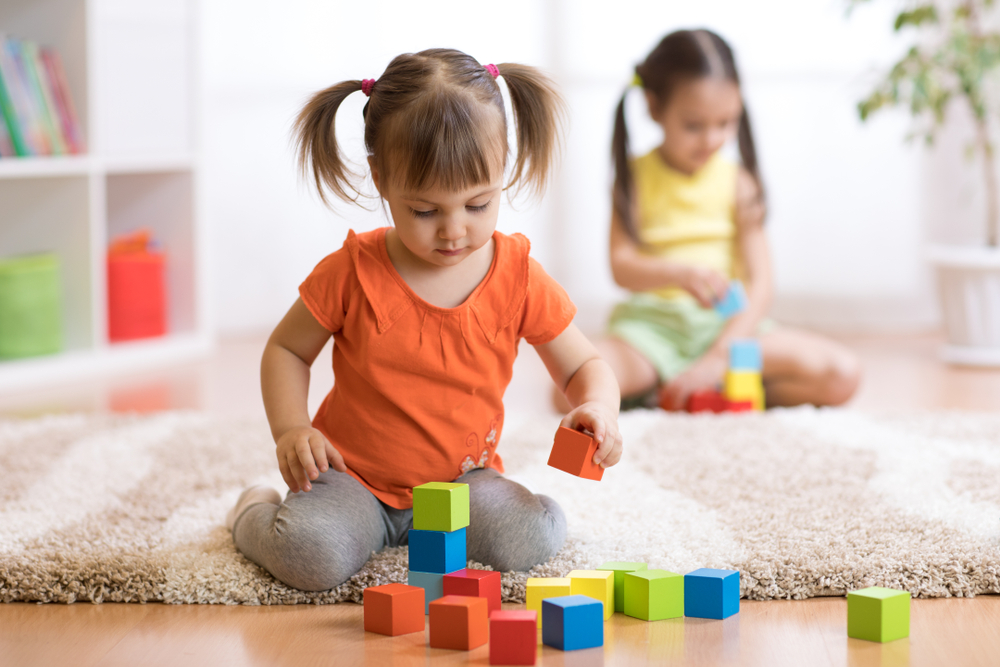
Precautions and consideration
Cannabidiol, or CBD, has become a popular natural remedy for a variety of ailments in adults, including anxiety, pain, and epilepsy. However, when it comes to children, there are a number of precautions and considerations that must be taken into account before using CBD.
-Choosing the right product: One of the most important considerations is the safety of the product itself. The purity and quality of CBD products can vary widely, and there have been cases of contamination with harmful substances such as heavy metals and pesticides.
To ensure the safety of CBD products for children, it is important to only purchase from reputable sources and to look for products that have been third-party tested for purity and potency.
-Side effects: In addition to safety concerns, it is also important to consider the potential side effects of CBD use in children. While CBD is generally well-tolerated, some children may experience side effects such as drowsiness, diarrhea, and changes in appetite. It is important to start with a low dose of CBD and to monitor for any adverse effects.
– Interaction with other medication: CBD can interact with other medications in the body, potentially leading to adverse effects. CBD can inhibit the activity of certain enzymes in the liver that are responsible for metabolizing many medications, which can result in higher levels of these drugs in the bloodstream. This can increase the risk of side effects or cause the medication to be less effective.
It is important to consult with a healthcare provider before taking CBD if you are currently taking medication to avoid any potential negative interactions.
-Always consult your paediatrician: We always advise you to consult your doctor before starting your child on cbd. While CBD is available over-the-counter, it is important to discuss its use with a healthcare provider, especially if the child is taking any other medications. CBD can interact with certain medications, including anticoagulants and antiepileptic drugs, and may require adjustments to dosage or timing.
In conclusion, while CBD can be a helpful natural remedy for children, it is important to take a cautious and informed approach. Ensuring the safety and purity of CBD products, consulting with a healthcare provider, monitoring for side effects, and following all applicable regulations can help ensure that CBD use is safe and effective for children.
Legal status of CBD for children
The legal status of CBD can be confusing due to the different laws that vary depending on the source of the CBD. CBD oil derived from hemp is generally legal to buy in most places, as long as it contains less than 0.3 percent THC. However, some states have restrictions on the possession of hemp-derived CBD.
The legality of CBD in Europe varies from country to country. However, some countries have stricter regulations, such as limiting the maximum amount of THC allowed in CBD products to 0.0%. It is important to note that while CBD may be legal, some countries may prohibit the sale of CBD as a food supplement or require a prescription for medical use. It is recommended to check the specific regulations in each country before purchasing or using CBD products.
Furthermore, the laws surrounding marijuana use and CBD oil use are constantly changing, and they vary from state to state. However, if a doctor prescribes Epidiolex for a child, it is legal for them to use regardless of where they live. Overall, it’s essential to research and understand the laws in your area before purchasing and administering CBD oil to children.
Conclusion
In conclusion, CBD oil has shown potential for treating various conditions such as epilepsy, autism, anxiety, and ADHD in children. However, it is important to note that the safety and efficacy of CBD for children is not yet fully understood, and it’s always best to consult with a healthcare professional before giving it to a child.
The lack of regulation and standardization of CBD products is a major concern, which can affect their efficacy and safety. While more research is needed to fully understand the benefits and risks of CBD for children, it is important for parents to be aware of the potential risks and side effects associated with its use.

